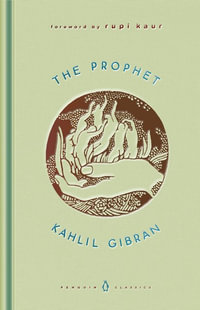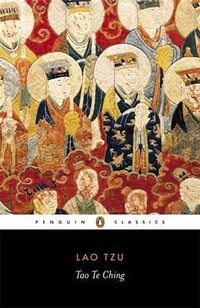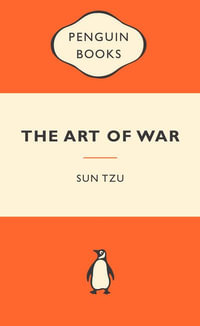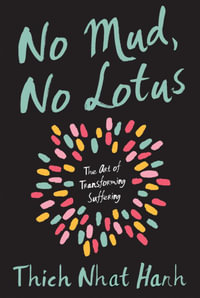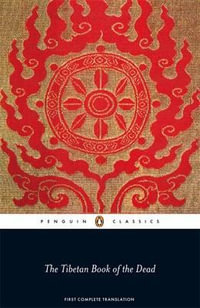
At a Glance
Paperback
RRP $17.99
$16.75
In Stock and Ships in 1-2 business days
ISBN: 9780140441314
ISBN-10: 014044131X
Series: Penguin Classics
Published: 26th January 2000
Format: Paperback
Language: English
Number of Pages: 192
Audience: General Adult
For Ages: 18+ years old
Publisher: Penguin UK
Country of Publication: GB
Edition Number: 1
Dimensions (cm): 1.2 x 12.9 x 19.7
Weight (kg): 0.15
Shipping
| Standard Shipping | Express Shipping | |
|---|---|---|
| Metro postcodes: | $9.99 | $14.95 |
| Regional postcodes: | $9.99 | $14.95 |
| Rural postcodes: | $9.99 | $14.95 |
Orders over $79.00 qualify for free shipping.
How to return your order
At Booktopia, we offer hassle-free returns in accordance with our returns policy. If you wish to return an item, please get in touch with Booktopia Customer Care.
Additional postage charges may be applicable.
Defective items
If there is a problem with any of the items received for your order then the Booktopia Customer Care team is ready to assist you.
For more info please visit our Help Centre.
You Can Find This Book In
This product is categorised by
- Non-FictionReligion & BeliefsOther Non-Christian ReligionsOriental ReligionsTaoism
- Non-FictionReligion & BeliefsReligionComparative Religion
- Non-FictionMind, Body, Spirit
- FictionClassic FictionPenguin Black Classics Penguin Black Classics Philosophy
- Non-FictionPhilosophyNon-Western PhilosophyOriental & Indian Philosophy
- Non-FictionLiterature, Poetry & PlaysPoetry
- Non-FictionPhilosophy
- Non-FictionPhilosophyNon-Western Philosophy

